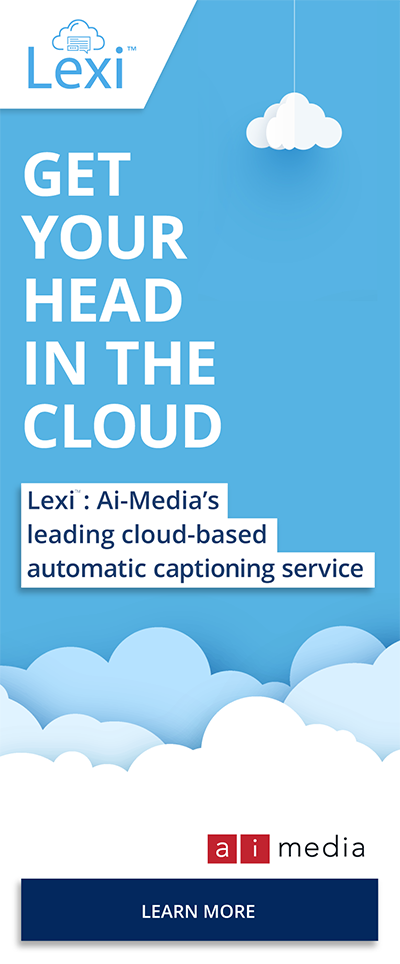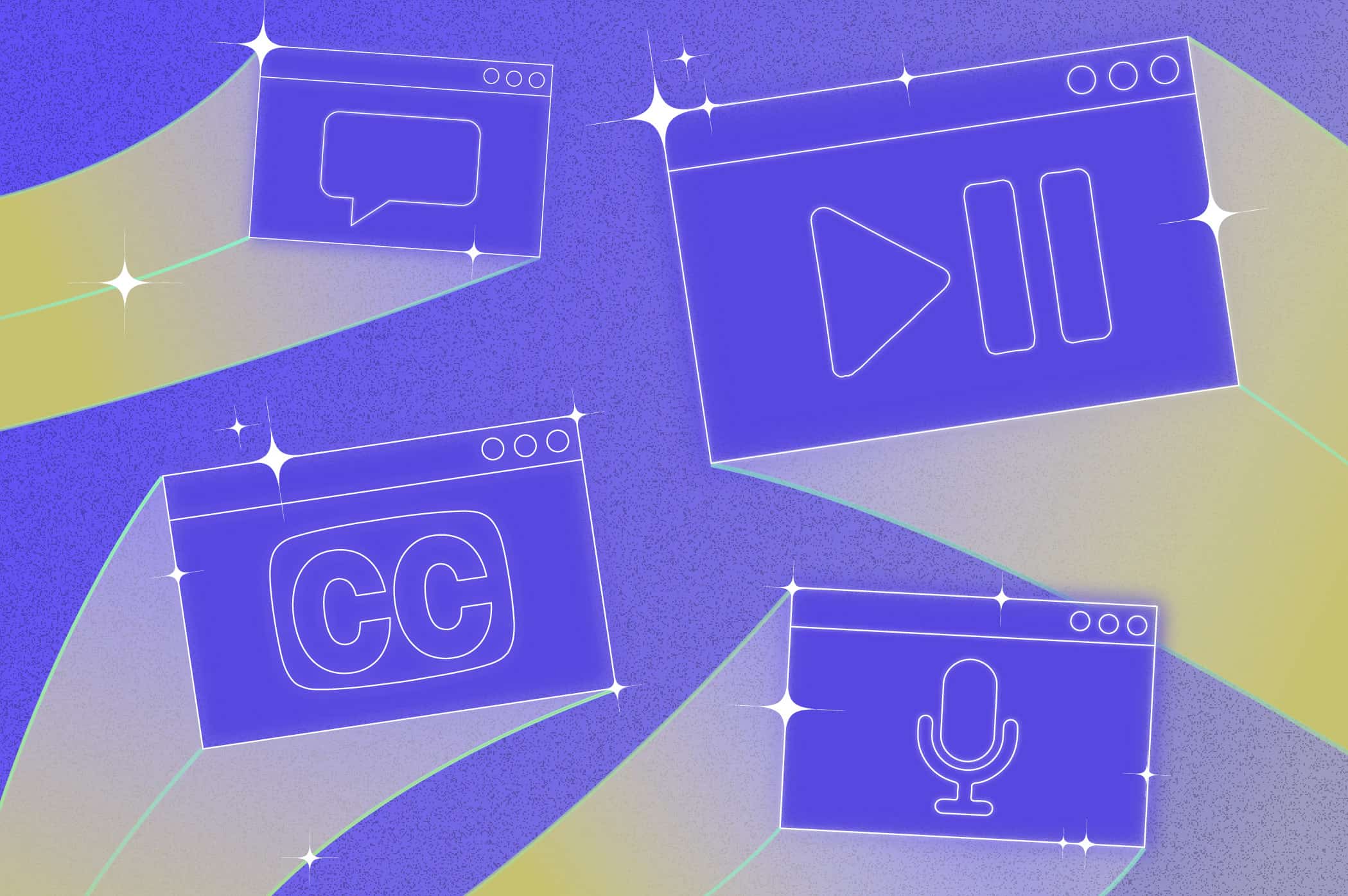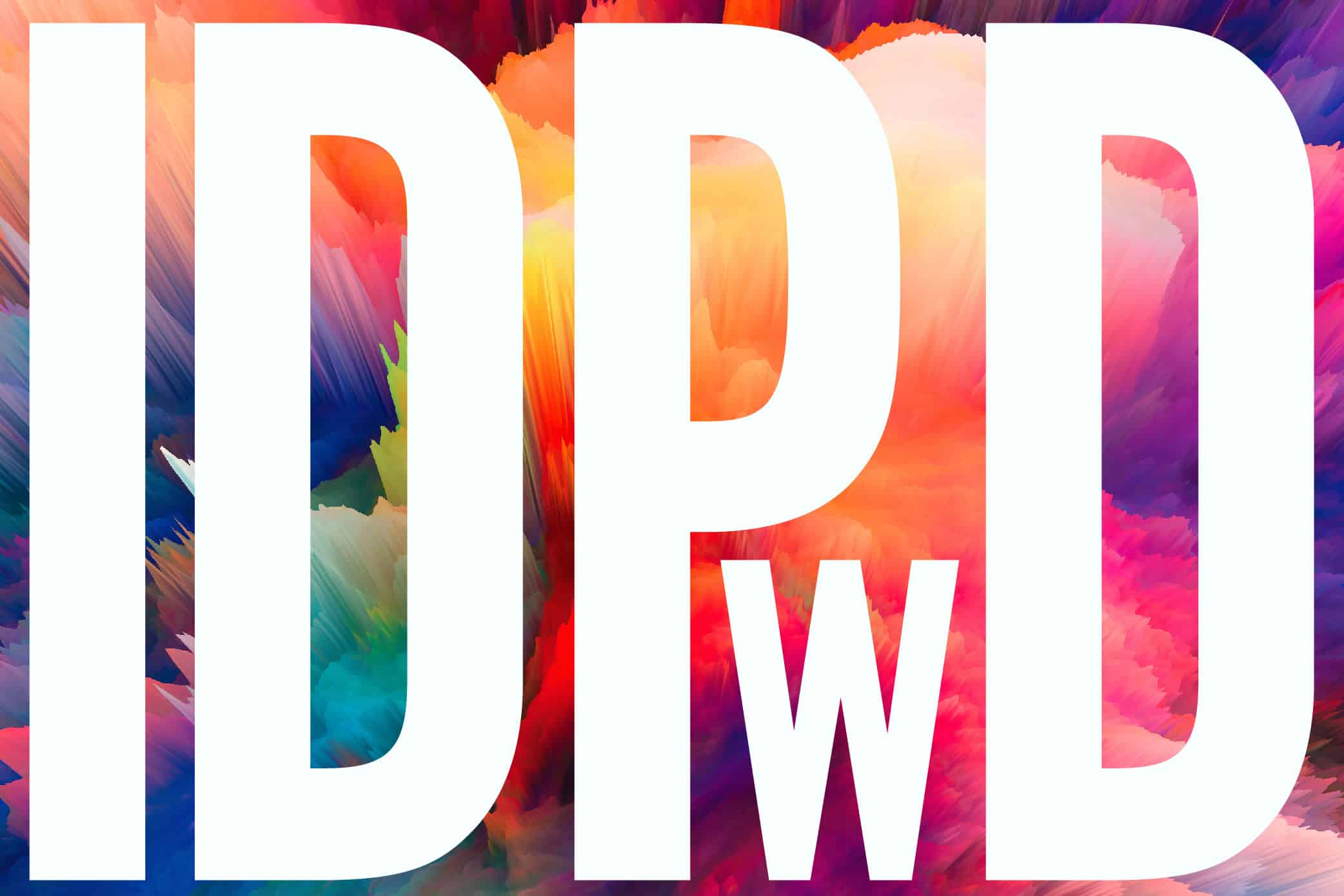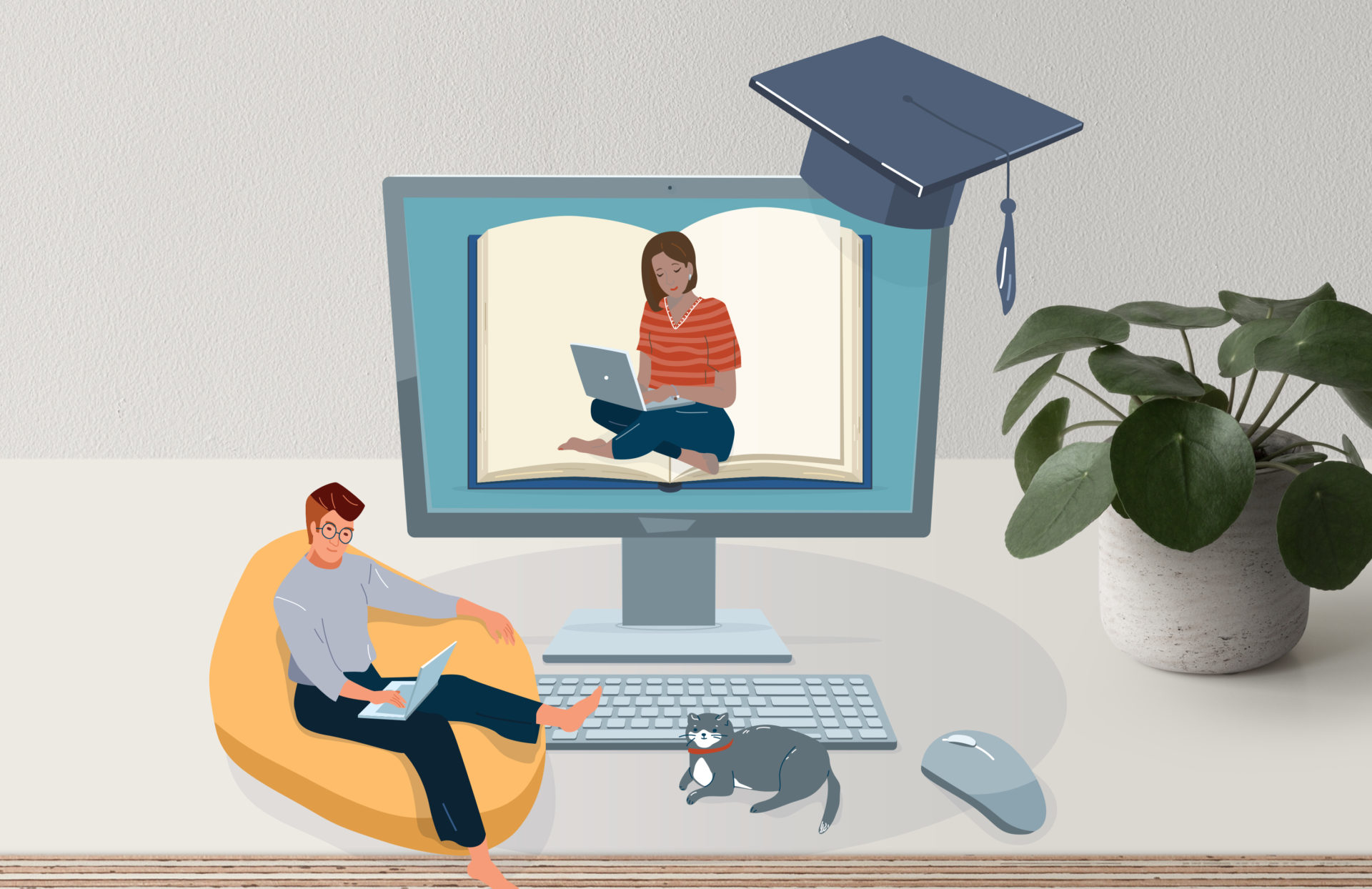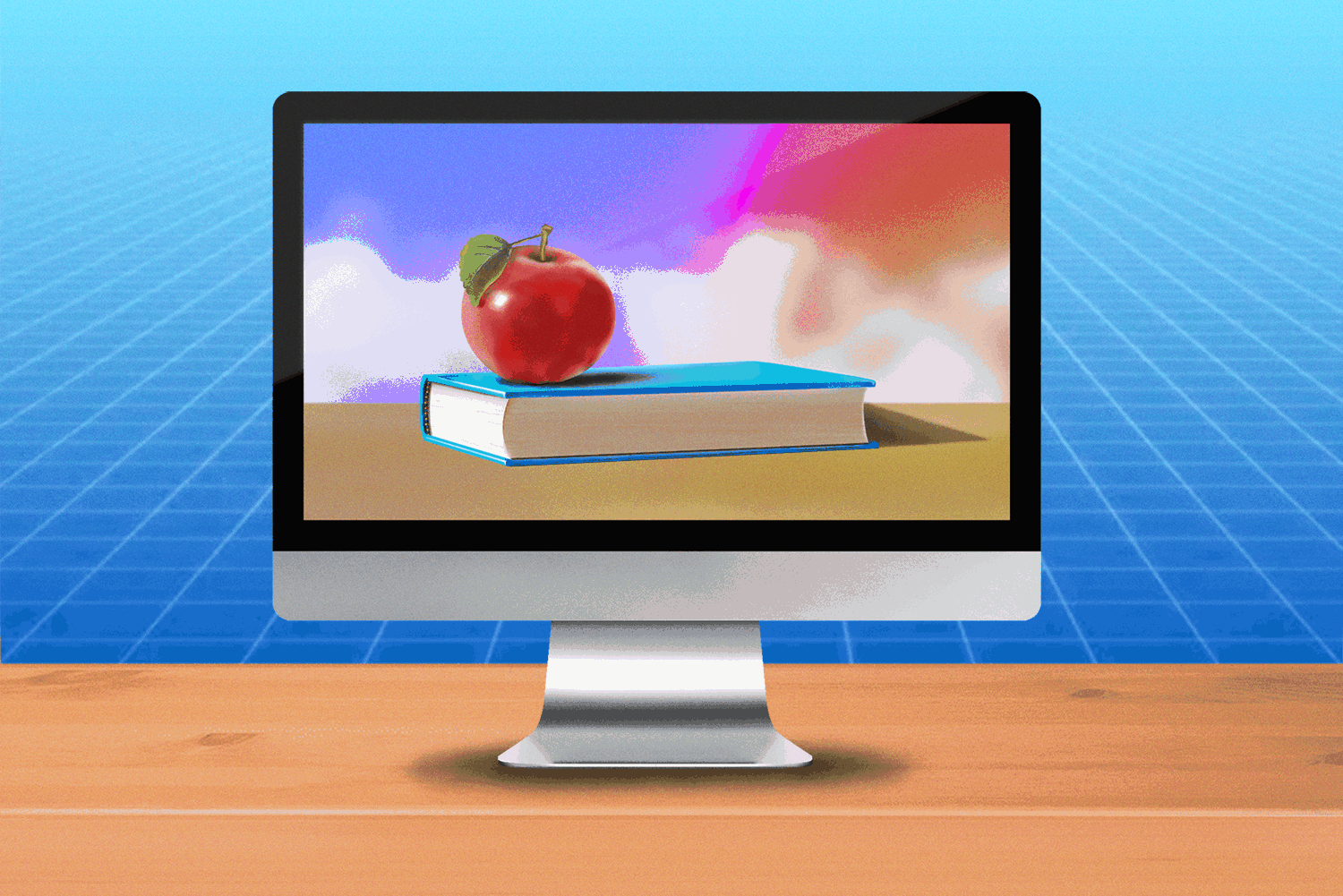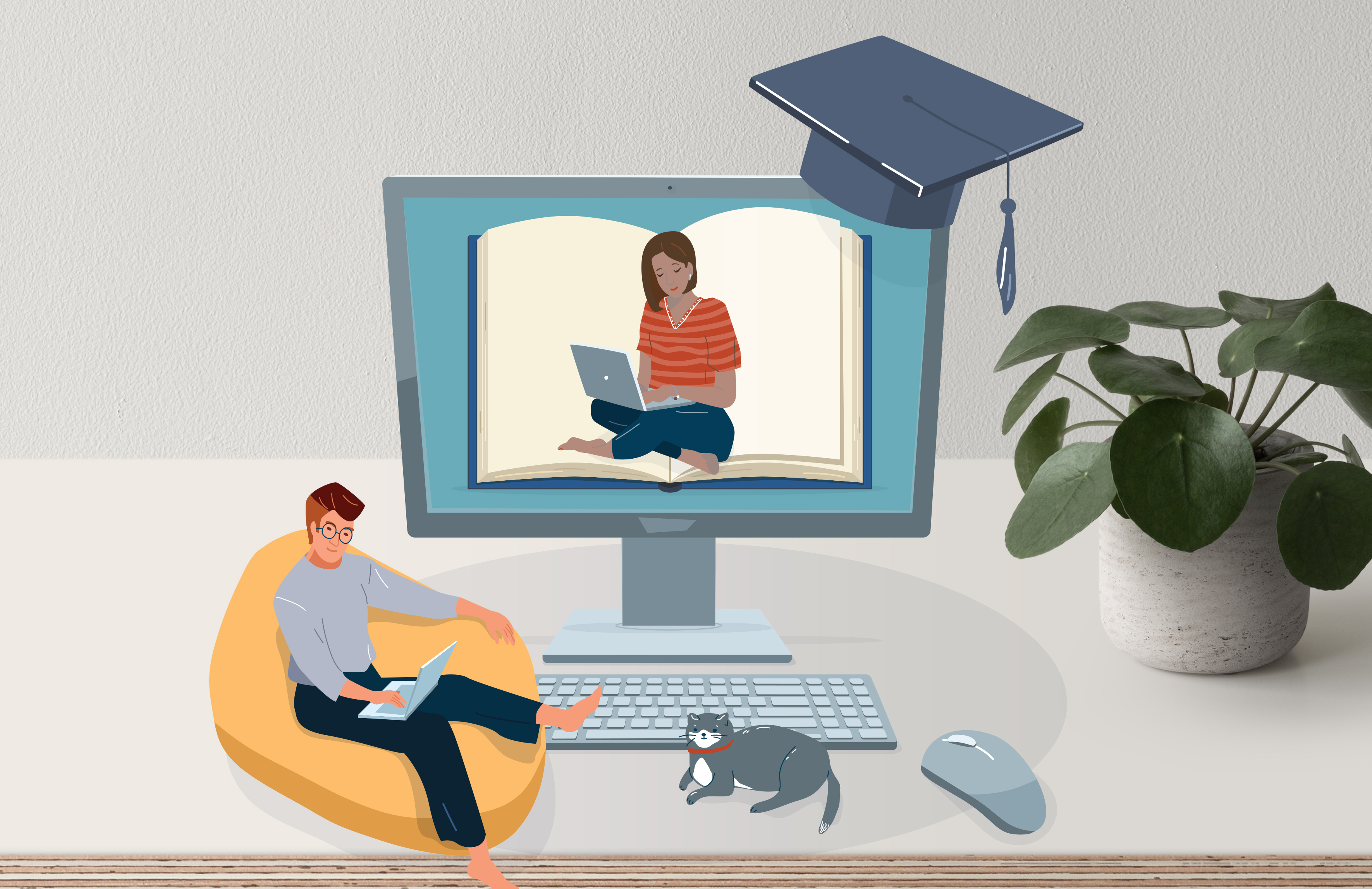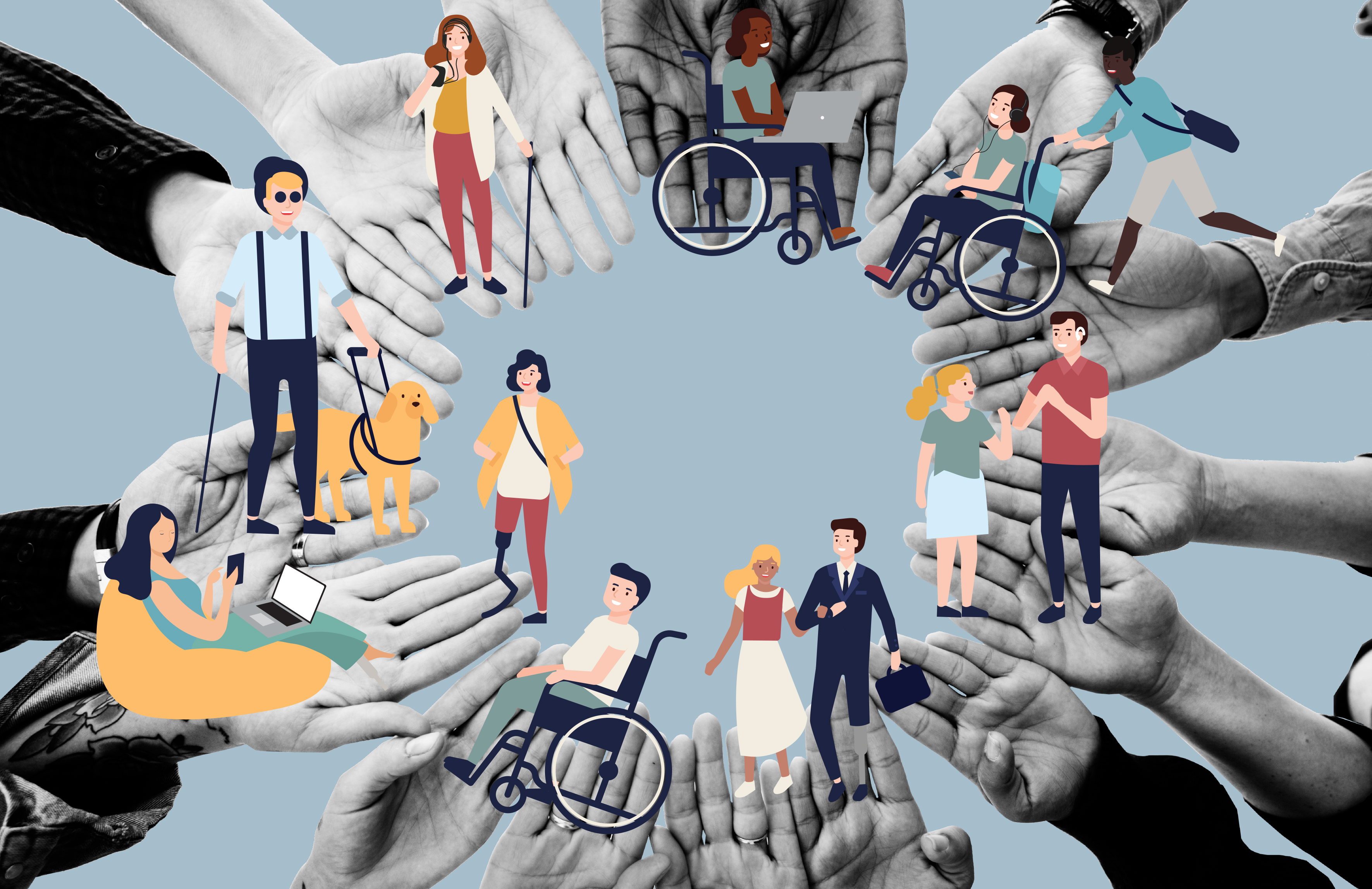
Why Accessible Information Is So Important During (and After) COVID-19
For people with disability, the COVID-19 pandemic has been a unique challenge.
Communities with disability are some of the most at-risk of contracting COVID-19, so many have had to isolate more carefully than others. And while the lockdown has been crucial to bringing the virus under control, a lot of support systems have been unprepared.
As a result, access to essential services has been more difficult for a lot of people with disability. And for the many that have isolated at home for several months, new access challenges have come up.
Emerging areas for support
To just scratch the surface, many people in the deaf and hard-of-hearing community have faced increased difficulties accessing information and social connection due to limited face-to-face communication, inaccessible face masks and too few sign language interpreters on television.
People with existing mental illness and psychosocial disabilities have had to adjust to spending long periods of time at home and isolated from other people.
And across the board, COVID-19 has made access to disability support services more difficult for people with all kinds of disabilities.
What this means
Two things are clearer now than ever: People with disability need more support, especially – but not only – during crises of this scale. And secondly, it is within our power to increase this support. We can see this from the way many organizations have moved their workforces to work-from-home models, quickly, and for the most part, easily.
Many people with disability have been self-advocating for their right to work from home for a long time, and many have been routinely denied this by their employers. It can be a great surprise to see that suddenly, most people can work from home, hassle-free.
The good news is that this is the perfect time to explore how organizations can provide more support for people with disability to live their best lives.
Prioritizing access to information in uncertain times
Ai-Media is committed to supporting people with disability to get the best access they can to information.
It has become obvious to us throughout this crisis that information is even more valuable at times like this. People are consuming more media than ever, and, right now, the messages contained in that media can be life or death. If people can’t access this information, they can be in danger.
Providing information accessibility
So what can you do right now to support people with disability to have better access to information?
First things first. Your website should abide by the global Web Content Accessibility Guidelines (WCAG), which have been broadly adopted in the USA, Canada, Australia and parts of Europe.
You can caption all your recorded and streamed video content to make it accessible for audiences who are deaf and hard-of-hearing. Offer audio description and screen reader-friendly content (including alt text on images) to support people who are blind and have low vision.
Include Easy Read versions of your informational content for people with intellectual disability. Provide multiple modes of accessing information for people with autism spectrum disorder and psychosocial disability.
And of course, you should commit to flexible work arrangements and workplace adjustments for your employees’ specific support requirements.
Moving forward together
As we continue in these uncertain times, information will continue to be of the utmost importance. And people with disability will continue to need more from us.
We look forward to seeing the creative ways organisations and communities realize accessibility of information and services into the future.
If you would like more information on Ai-Media or the accessibility services we provide, please contact us or visit the Ai-Media website.


